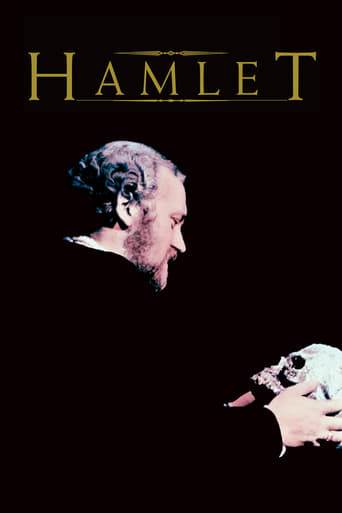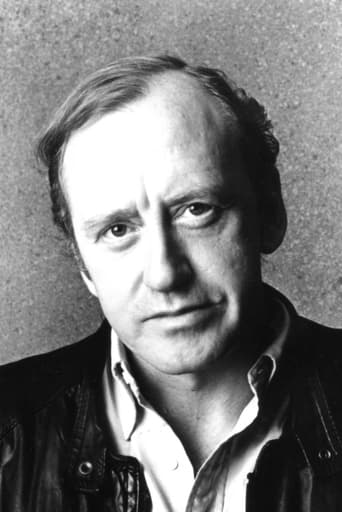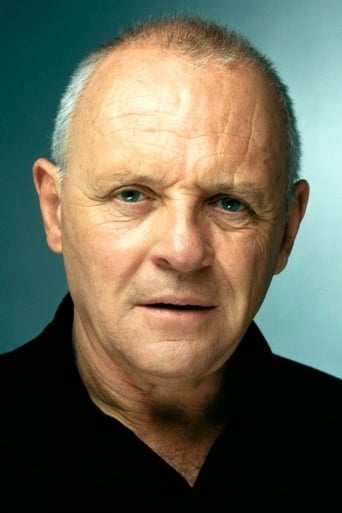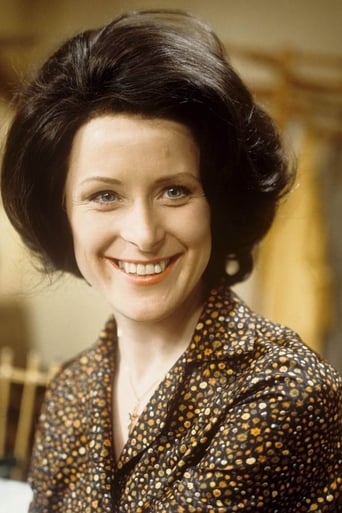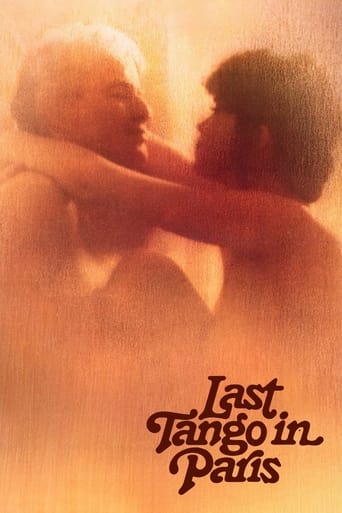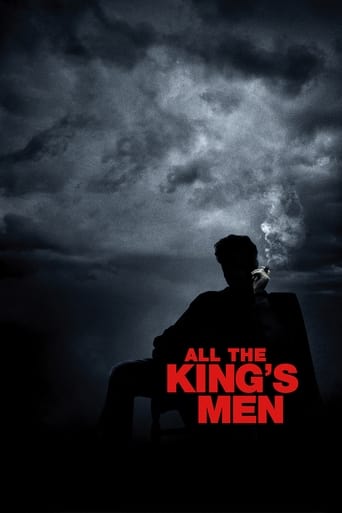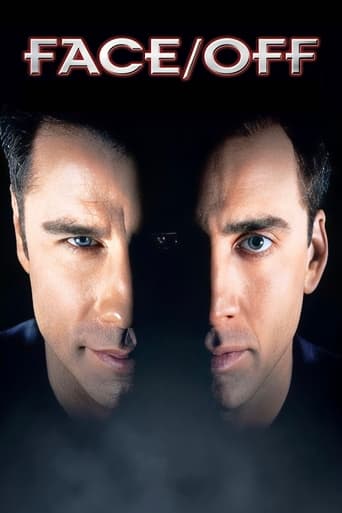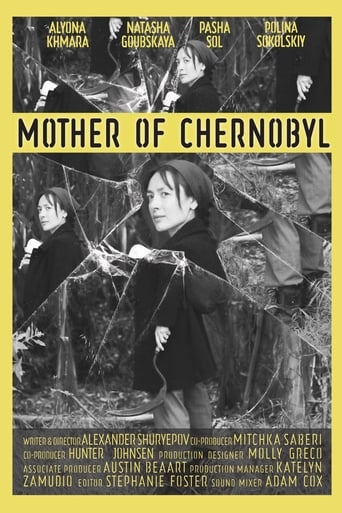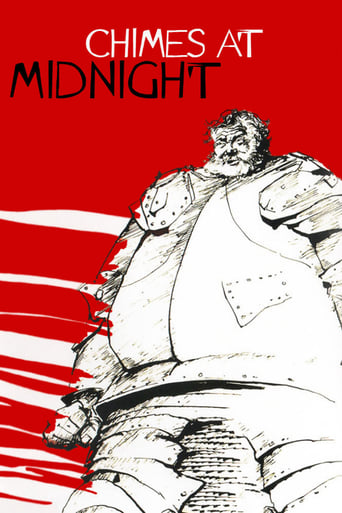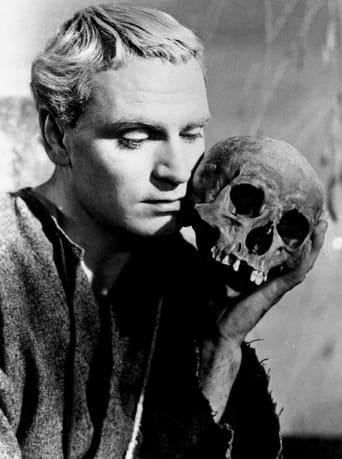Hamlet (1969)
Tony Richardson's Hamlet is based on his own stage production. Filmed entirely within the Roundhouse in London (a disused train shed), it is shot almost entirely in close up, focusing the attention on faces and language rather than action.
Watch Trailer
Cast


Similar titles
Reviews
Lack of good storyline.
It's the kind of movie you'll want to see a second time with someone who hasn't seen it yet, to remember what it was like to watch it for the first time.
It is interesting even when nothing much happens, which is for most of its 3-hour running time. Read full review
A great movie, one of the best of this year. There was a bit of confusion at one point in the plot, but nothing serious.
I must admit that I wasn't really all that impressed with this version of Hamlet, though a gut feeling tells me that it is probably the version that most high school students watch, though these days there is probably a much wider collection. The main reason that I wasn't impressed was not so much that they left some things out of the play (such as the very important scene were Hamlet is in the confessional and hears Claudius spill his guts) but that the person playing Hamlet simply seemed too old. Granted, we are given no clues as to Hamlet's age in the play though he appears to be old enough to assume the throne.Stoppard suggests that Hamlet's problem is that Claudius stole the throne that was rightfully his, but watching this version I noted that Claudius had accepted that the throne was going to be Hamlet's anyway. The issue is not so much that Claudius stole the throne, but that while his father's corpse was still warm, Claudius married his mother. He had no idea that Claudius had killed his father until he was told so by the ghost.When one makes a movie out of one of Shakespeare's plays I generally do not accept the minimalist approach. While I do like the minimalist approach in the theatre, I have tried to watch the BBC productions and I just did not seem to warm to them. When they are made for the silver screen, there are so much more possibilities. This is clear with a number of American productions which work the play to make it more palpable to the big screen. It did not seem to be the case with this version of Hamlet. Granted, it was made in 1969, but so was the Richard Burton version of Taming of the Shrew, and this was a colourful extravaganza.I will always prefer a stage acted Shakespearian play, but the screen does allow much more creativity (such as the version of Richard III set in 1930's England, or the Macbeth set in the Melbourne underworld). It did not seem that this film explored the possibilities that the screen allows all too much, and as such I feel that this movie simply falls flat.
Works better on the screen than the other filmed stage productions - Kline's, Olivier's, Burton's. As others have said, very fast, staccato - even time-compressed - disconcerting extreme close-ups. Williamson at 31 isn't really too old for the mysterious prince, but somehow he looks it. Anthony Hopkins' Claudius seems apathetic, a choice I don't understand. Ophelia is pretty despite painfully dated 60s makeup, but she's also reduced to a 60s type of female - sort of knocked-on-the-head accepting smilingness through whatever storms go one around her. bleah! Gertrude is a 60s evil queen, sensual, but unsexed -- a la Snow White. argh! Horatio is much more out of place than Hamlet, much older, almost doddering in his scholarly spectacles. Interesting Rosencrantz and Guildenstern - very intrusive. Hamlet v. combative. Soliloquies to the camera, a frank style I like better than voice-overs -- the actor never does much during voice-over soliloquies, so you're staring at an unmoving close-up for endless minutes. The style of direction is uneven, but perhaps purposed - sometimes alienating as in the quick back and forth cuts between two speakers, sometimes captivating as in the almost candid, home-video style of the camera movements in the soliloquies. Curiously even in the characters I don't like (Ophelia, Gertrude) the interpretive decisions are well made and intelligently, though the style is off-putting. I long for a meatier Claudius, but Hamlet should care more about the women anyway - but then we should have a meatier Ophelia. I wonder if Hamlet shouldn't be most sane when he seems mad and most mad when he seems deadly sane. Or when he thinks he is. Laertes a fool with mutton-chops. ugh!
Tony Richardson's production, faithfully reconstructed from the stage version and filmed in situ at the Roundhouse, has some very odd casting: Nicol Williamson plays Hamlet, morose and black suited, spitting his lines at the screen like a malevolent spider; Anthony Hopkins (younger in real life) plays his stepfather and Royal usurper Claudius. Judy Parfitt (excellent) plays a seductive Gertrude, while Marianne Faithfull plays Ophelia (and actually does it quite well; I read she didn't have particularly good memories of the role but she comes closer to the character than a lot of the more accomplished actresses I've seen tackle it). Michael Pennington is wasted, really, as Laertes. Roger Livesey appears as Player King and is very good in one of his last film roles.The play itself is shorn to minimalism, very short, very staccato. This works well for some of the scenes - the Ghost's appearance, for example; the scene with Hamlet and Ophelia when they are being observed; the 'words words words' bit; and Hamlet's visit to his mother's room before his dispatch to England. I'm not sure about the soliloquies to camera, or certainly whether they come across as well as they would have done in the theatre. But it is a fascinating record of an eccentric collection of performances.
Although shot on film with an excellent cast, this film bears too much resemblance to all those dreary 1980's BBC television versions of the Bard's plays. All are well acted and directed with professional British casts, but all lack the necessary budgets (and daring) to make the grade as great cinema. At best they are documents of each cast or director's vision of the material. Here we have Richardson shooting his cast in tight, tight close ups in a darkened studio for lack of sets and decor. It makes for claustrophobic watching. Give me a Polanski or a Zeffirelli any day of the week for cinematic chutzpah.

